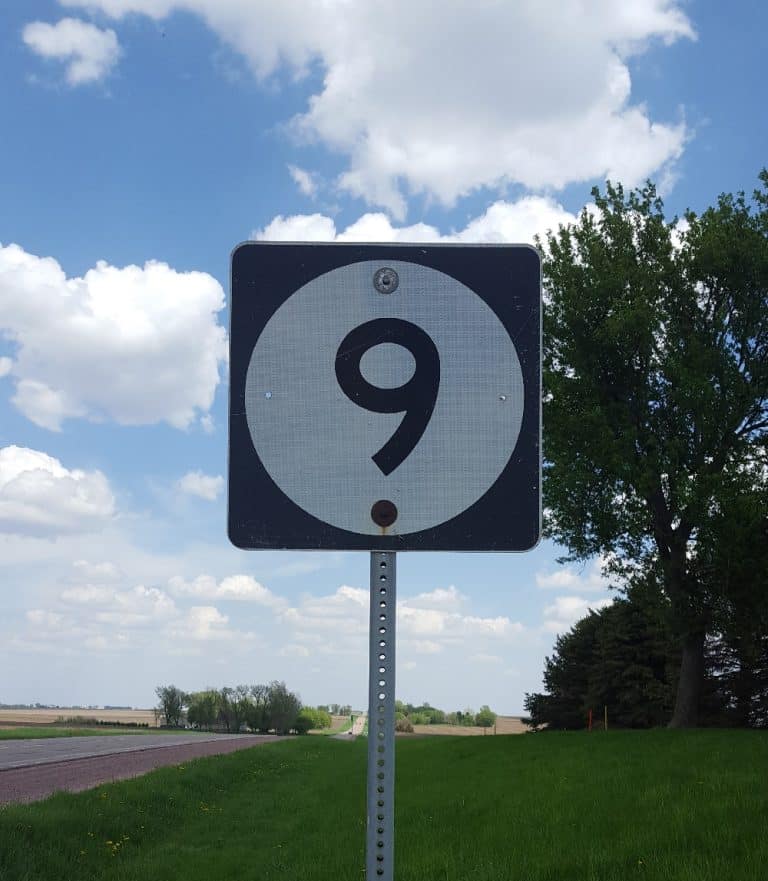Iowa (RI) — With Republicans Kim Reynolds and Joni Ernst deciding NOT to run for reelection, Iowa will have open races for governor and the U.S. Senate for the first time since 1968.
Iowa State University political science professor Karen Kedrowski says it’s rare in Iowa because governors here have no term limits — and Tom Harkin served in the U.S. Senate for 30 years, while Chuck Grassley has been a U.S. senator since 1981.
Incumbents typically have a huge advantage in elections. In 2024, 94 percent of incumbents won, but Kedrowski says it’s likely Ernst saw that in 2026 she would face serious headwinds in a bid to win a third term. University of Northern Iowa political science professor Donna Hoffman says in this day and age sheer exhaustion may prompt some incumbents to retire from public life.
Ernst broke the so-called glass ceiling in Iowa politics in 2014 as the first woman elected to federal office. Kedrowski, who is director of the Center for Women and Politics at Iowa State, notes Iowans have elected four other women to Congress since then — and Iowa’s governor and lieutenant governor are women.
Iowa State University political science professor Dave Peterson’s research focuses on elections and voting behavior — and he’s not that surprised by Ernst’s decision to retire from the Senate after 12 years.
Hoffman, who’s been a professor at the University of Northern Iowa for over 24 years, has co-authored books and articles about Iowa being a so-called “swing” state where candidates from both parties have succeeded. After the Iowa Republican Party’s sweep at the congressional and statehouse level in 2024, Hoffman says that makes 2026 a fascinating election cycle for political scientists.
Ernst, a Republican from Red Oak, was first elected in 2014, after Democrat Tom Harkin announced he would not seek reelection.
KIWA Staff Photo









